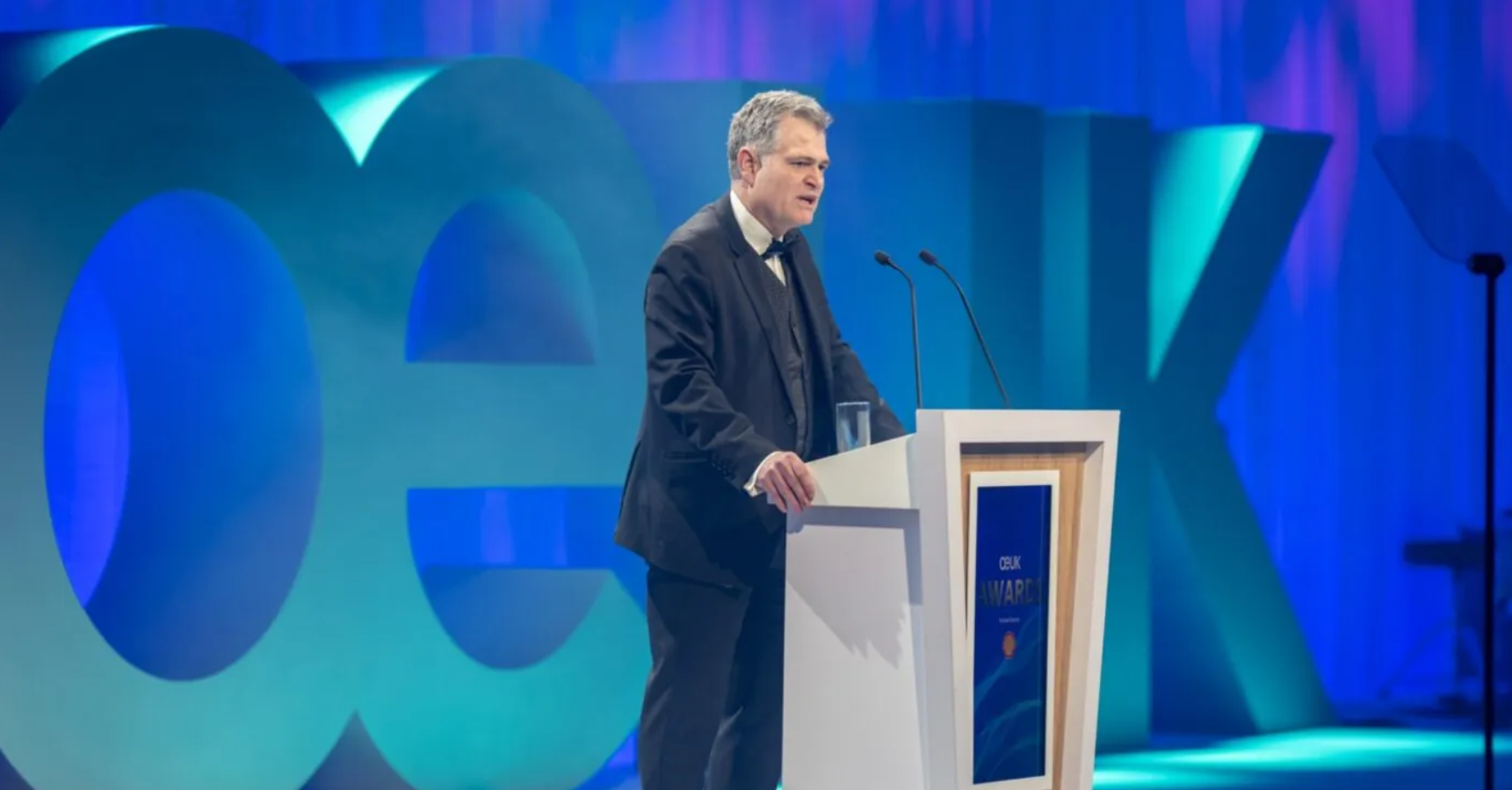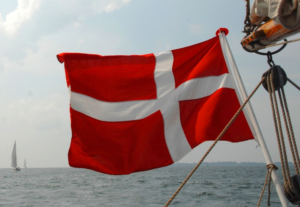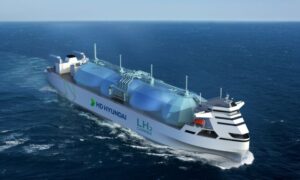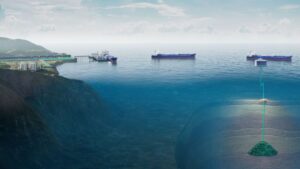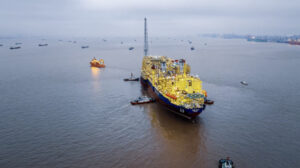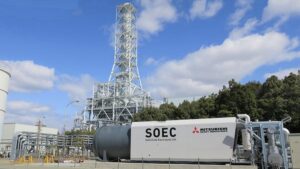OEUK pushes for UK carbon capture funding amid budget concerns
Britain’s trade body for the offshore energy industry Offshore Energies UK (OEUK) has urged the UK government to stay committed to supporting additional carbon capture, usage, and storage (CCUS) projects as concerns mount over potential funding cuts in the upcoming comprehensive spending review (CSR).
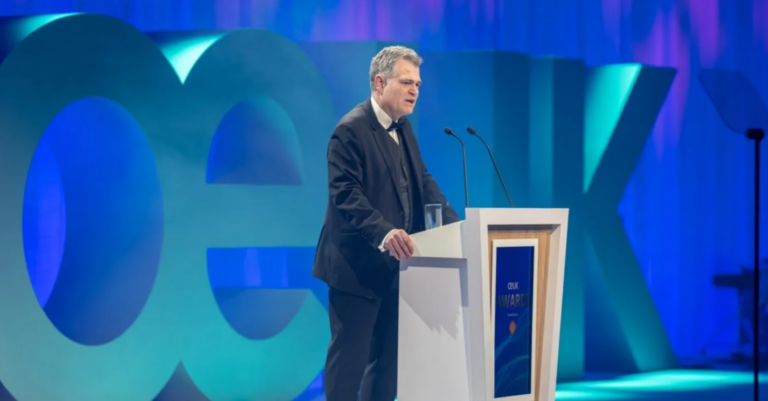
The industry body is pressing the government to honor its pledge to back two Track 2 CCUS projects, Viking in the North East of England and Acorn in Scotland, which could drive over £25 billion (around $31,4 billion) in investment by 2035 and create more than 30,000 jobs, said OEUK.
OEUK has also called for the government to maintain existing spending on Track 1 carbon capture projects and provide a clear funding framework for Track 2 developments, as well as future projects beyond the current track system.
The UK has already committed to two Track 1 projects, Hynet in Merseyside and the East Coast Cluster in Teesside, which aim to capture up to 20 million tonnes of CO2 annually by 2030 from industrial emitters, including power plants and hydrogen production facilities.
However, recent reports suggest that Track 2 funding could be deprioritized due to budgetary pressures. OEUK warns that scaling back investment would undermine industrial decarbonization efforts, economic growth, and job security in key industrial regions.
According to the Office for National Statistics (ONS), UK industrial sectors such as chemicals and cement have seen sharp declines in output – 38% and 40%, respectively, over the past four years. OEUK argues that carbon capture is vital for the future of these industries, enabling them to meet net-zero targets without sacrificing competitiveness.
“Carbon capture technology can help future-proof the UK’s heavy industries and their workers. We ask the government to hold true to its carbon capture commitments to give industry the clarity it needs to get on with the second track of these projects. This will help crowd in the private investment we need to build self-sustaining, world-leading industries right here in the UK,” said David Whitehouse, CEO of OEUK.
“Manufacturers around the UK need this technology to build a sustainable net zero economy. If we get this right, the new CCUS sector could protect over 100,000 jobs in industrial regions, contribute billions to the economy this decade and be worth £100bn to the supply chain by 2050. These investments will back key hubs to compete globally by stripping carbon out of their operations and create the innovative products, skills and services of the future.”
Whitehouse stated that while they appreciate the UK Government’s previously announced support for Track 1 projects, it is now essential to establish a clear funding framework for Track 2 projects and outline a pathway for those not included in the current track system.
He emphasized that the UK has the necessary resources – geology, technology, and expertise – to develop “a world-leading” CCUS sector. To seize this opportunity, Whitehouse emphasized the importance of leveraging the skills and supply chains of the country’s oil and gas industry, supporting businesses and workers in driving this initiative forward.
“With a clear funding envelope, our CCUS sector can providing enduring value in the UK economy, supporting the decarbonisation of our hard to abate industries. Our path to net zero must be decarbonisation not deindustrialisation.” Whitehouse added.
“OEUK recognises the challenging demands on HM Treasury but this government has prioritised growth and energy security while it works to decarbonise our economy. As a sector, we’re aligned with this ambition and CCUS is critical to its fulfilment.”
The Viking CCS project – previously known as V Net Zero – which is located close to the heavily industrialized Humber region, has the potential to transport and store up to 10 million tonnes of CO2 annually by 2030 and 15 million tonnes of CO2 annually by 2035.
Acorn is a joint venture with four partner companies – Storegga, Shell UK, Harbour Energy, and North Sea Midstream Partners – developing decarbonization projects in Scotland. This CCS project is described as a catalyst for industrial decarbonization in Scotland, providing the infrastructure for the decarbonization of the Scottish Cluster, which will capture their CO2 emissions and then move them permanently into the Acorn CCS geological stores, deep under the North Sea.
While the oil and gas industry’s decommissioning activities accounted for 12% of total expenditure on the UK Continental Shelf (UKCS) in 2023, in November 2024, OEUK outlined the possibility of an uptick to 33% by 2030 in its new report. As a result, decommissioning work could account for 22% of the cumulative oil and gas spend over the next ten years.
Related Article
-
UK’s offshore oil & gas decom bill to hit £24.6 billion by 2033
Business & Finance

